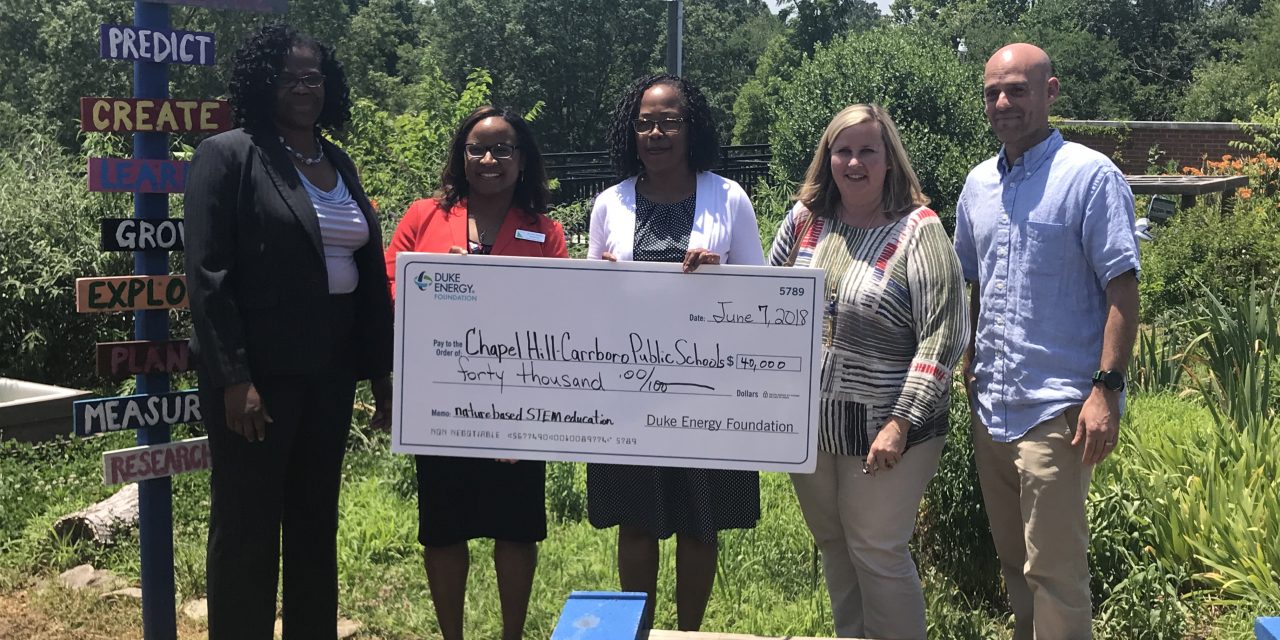Chapel Hill – Carrboro City Schools received a $40,000 check on Thursday to kick off a pilot STEM instruction program at Northside Elementary School.
The grant, from the Duke Energy Foundation, will go toward the training and development of teachers for an Inquiry and Nature-Based STEM program for students from third to fifth grade.
Chapel Hill-Carrboro City Schools Sustainability Director Dan Schnitzer submitted the grant in collaboration with a team from CHCCS Instructional Services Department. Schnitzer said the program will give teachers the skill set and tools to follow a child’s natural curiosity and to allow them to help guide what they want to learn, even beyond STEM and into literacy, art, music or anything else they want to implement.
“In education, we often seem to think in smaller silos of subject matter, but the way kids experience the world, it’s all blended together,” Schnitzer said. “So, one of the beauties of inquiry-based learning is that, with them leading through the process, we will find crossovers that maybe we as adults and educators don’t normally see.”
Schnitzer said the program is aimed at third, fourth and fifth grade teachers because they want to instill the inquiry and nature-based mind set as early as possible.
“This isn’t a curriculum,” Schnitzer said. “This isn’t about teaching about plants, or animals, or ecosystems; this is about a way of thinking and engaging.
“It can be about anything.”
Superintendent Pam Baldwin said she thinks that for a long time, education has been structured in a way that has stifled creativity and that opportunities need to be made for students to see creativity and questioning as part of the learning process and not something that is a behavior issue.
“When you have a question, rather than trying to anticipate when you can raise your hand for a good kind-of stopping point, kids just need to talk and talk it out. Humans need to just talk and talk it out. And so we’ve got to create those flexible opportunities because that’s what’s happening in the workplace,” Baldwin said. “You don’t have to raise your hand at a meeting. You just have a thought, and you have than conversation around that dialogue that allows energy to flow and for people to come up with wonderful ideas.
“And so we need to support that process rather than to tell people somehow that’s not the way we do things.”
The goal of the program is to reduce non-proficiency on the fifth-grade science test by half over a period of five years to decrease the achievement gap in the district.
Related Stories
‹

Food for Students to Continue Serving Summer To-Go MealsStudents at Chapel Hill-Carrboro City Schools and children across the country have access to free take-away summer meals.
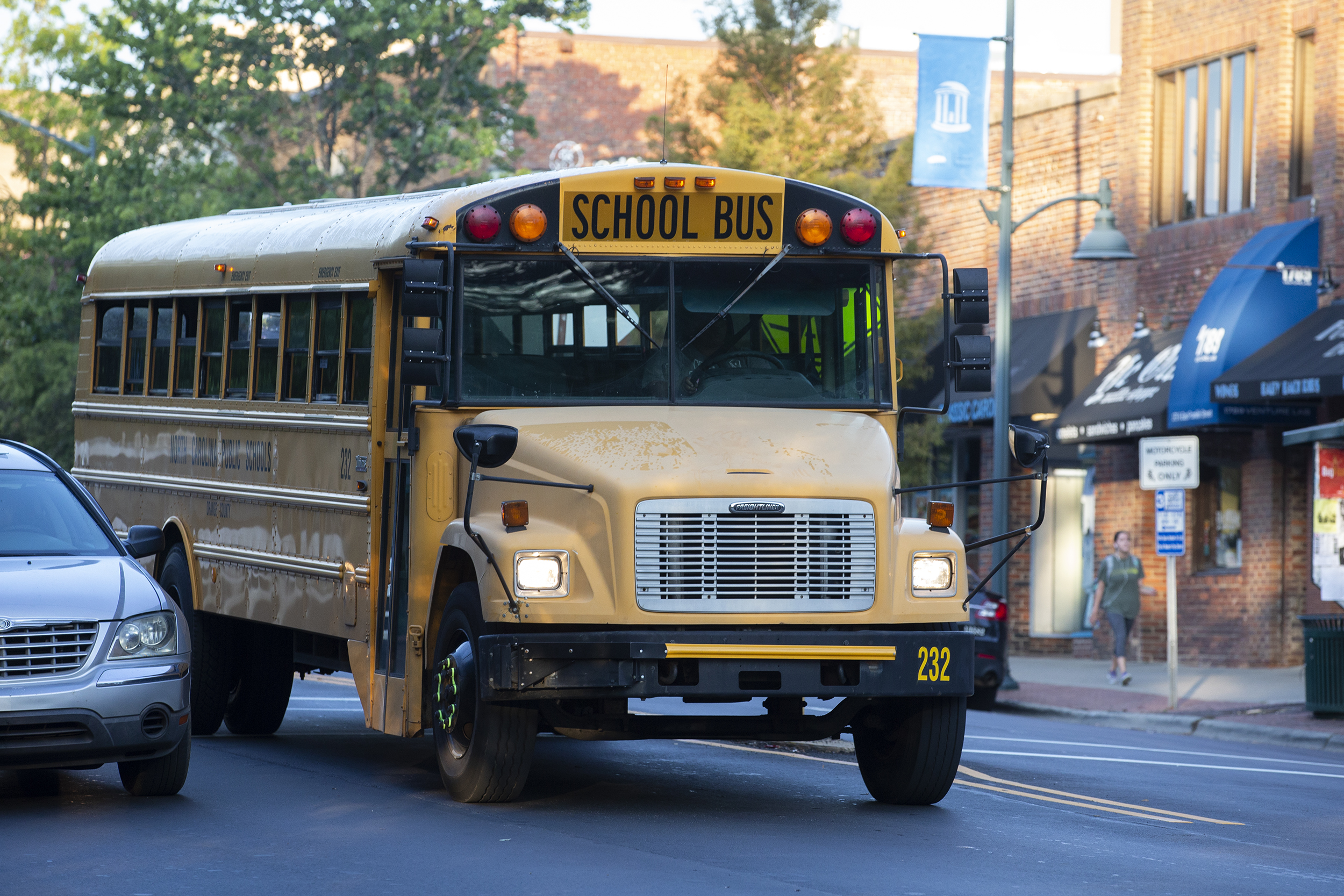
CHCCS Financial Review Finds Several Contracts That Violate Board PolicyA financial review of Chapel Hill-Carrboro City Schools district spending and contract procedures found several violations or deviations from system policies occurred in the last five years. Ahead of a specially-called school board meeting to discuss the review, CHCCS provided the full examination on its website, which was contracted by its Board of Education on […]
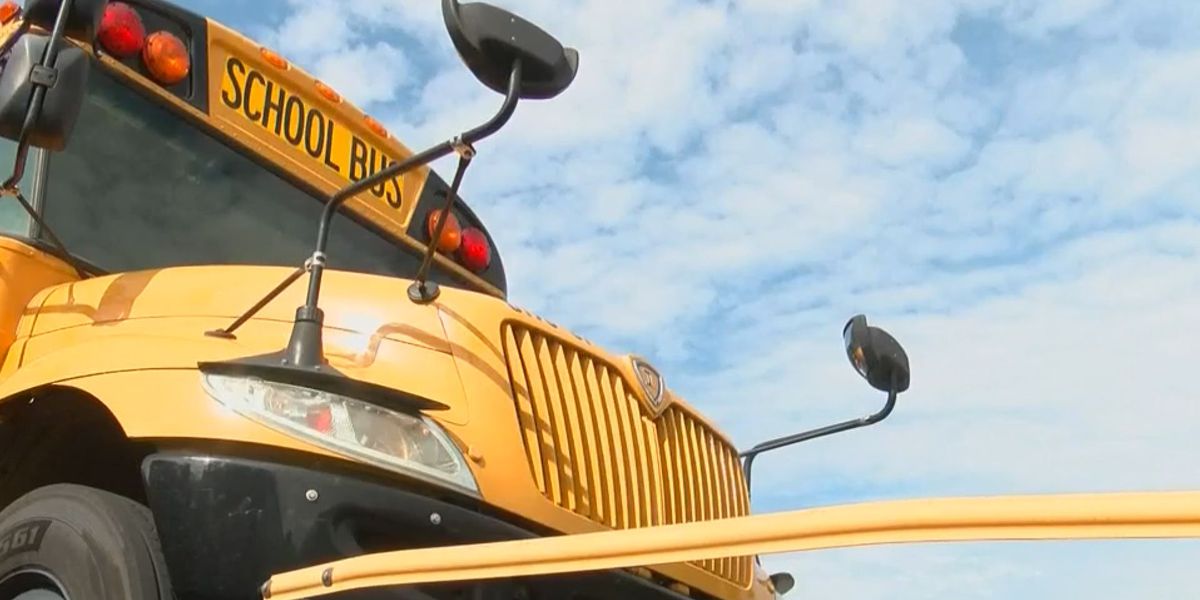
CHCCS Superintendent Placed on Immediate Medical LeaveChapel Hill-Carrboro City Schools Superintendent Dr. Pam Baldwin has been placed on medical leave from the school system. According to an email sent to CHCCS parents from the superintendent on Wednesday, Baldwin will be away on medical leave effective immediately. She wrote to parents saying Assistant Superintendent Patrick Abele will serve as the acting superintendent […]

Emails Show Effort From CHCCS Leadership to Keep $767K Contract From School BoardRecently reviewed discussions between CHCCS district leadership and Education Elements revealed new details regarding a $767,067 partnership between the two organizations. Leadership for the school district said Education Elements helped create a framework to help CHCCS adopt a personalized learning model. Superintendent of Chapel Hill-Carrboro City Schools Pam Baldwin told 97.9 The Hill’s Aaron Keck […]
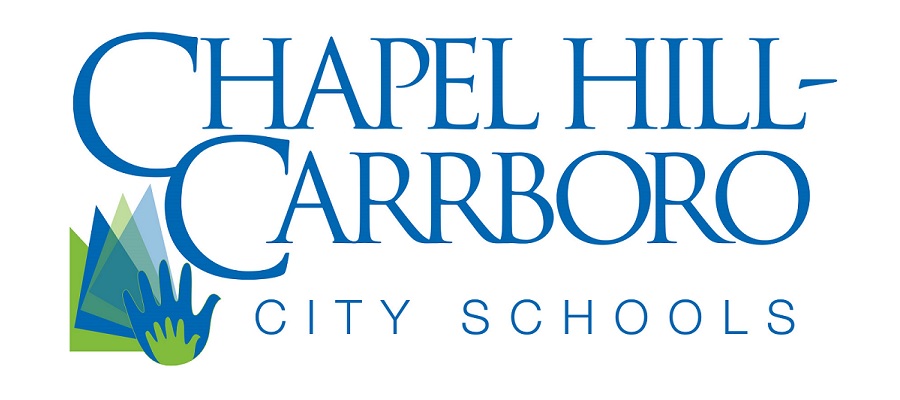
CHCCS Receives Grant To Promote Racial Equity WorkChapel Hill-Carrboro City Schools announced Monday the district received a grant to support work addressing the racial equity gap in school systems. The Trustees of Oak Foundation approved the request of $4.3 million over three years to the CHCCS system and the Chapel Hill-Carrboro Public School Foundation for the Students First: Equity Through Opportunity grant. […]

Hometown Hero: Dan SchnitzerThis week’s Hometown Hero is Dan Schnitzer, the Sustainability Programs Director for the Chapel Hill-Carrboro City Schools system. The school system just received a scholarship from the US Green Building Council’s Center for Green Schools – one of only five school districts nationwide to earn the honor. “The scholarship is a year-long program that will enable […]
![]()
CHCCS Pushes Towards Closing Achievement GapAccording to Chapel Hill – Carrboro City Schools director of equity leadership Sheldon Lanier, assistant superintendent Rydell Harrison takes a copy of the district’s equity plan to every meeting. “Dr. Harrison has done a great job of referring to the plan every single time,” Lanier said. “I was actually in a meeting with him one […]
![]()
Northside Elementary Awarded LEED Platinum Certification Northside Elementary School has received Platinum certification for Leadership in Energy and Environmental Design, or LEED, with the Green Building Certification Institute for the school’s design focused on efficiency and sustainability.
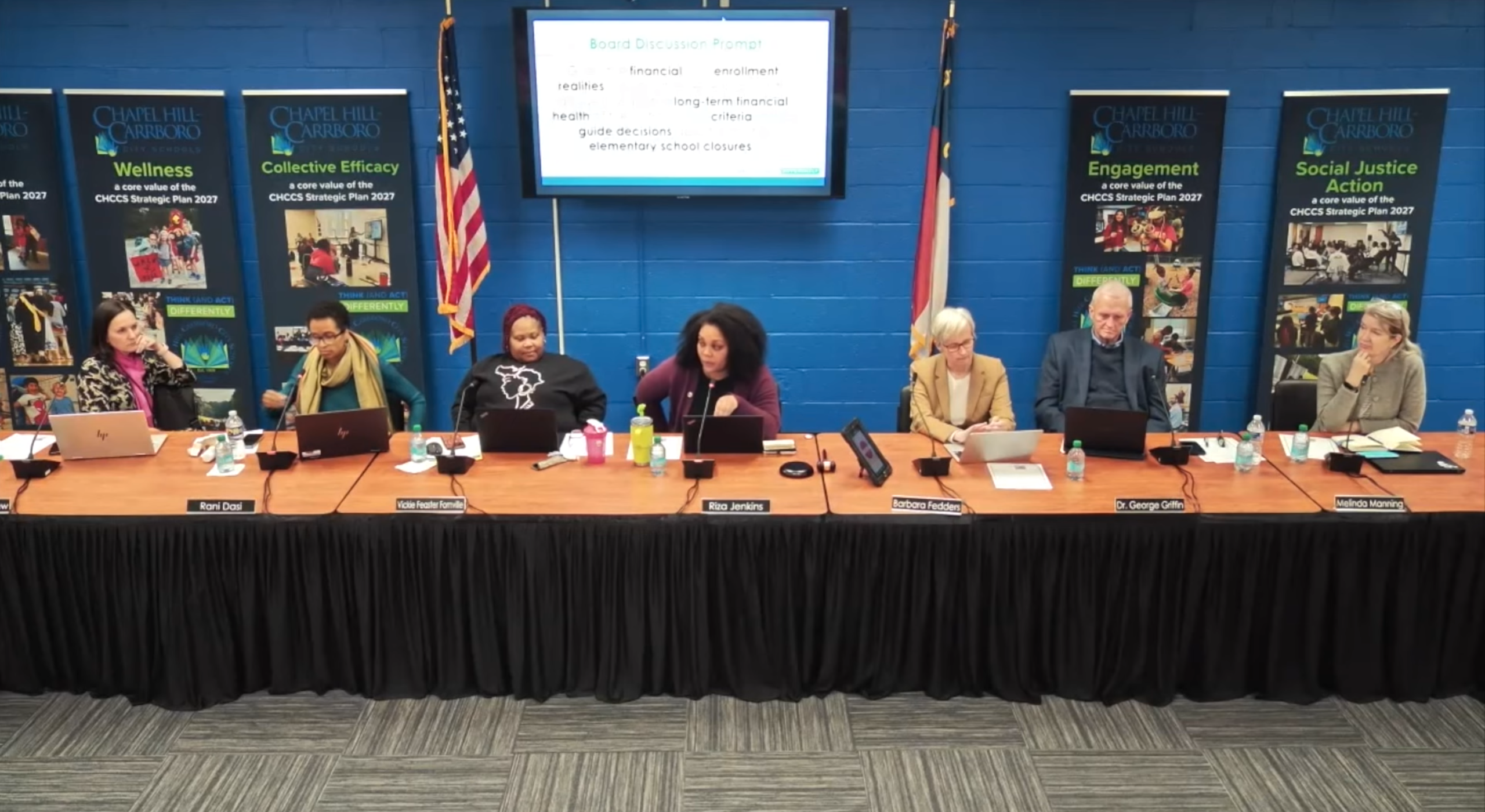
CHCCS Board of Education Weighs Closing 2 Elementary Schools Amid Enrollment, Funding DeclinesThe CHCCS Board of Education began its latest round of feedback on Feb. 5 about how to approach closing at least one elementary school in the face of waning enrollment and funding challenges.
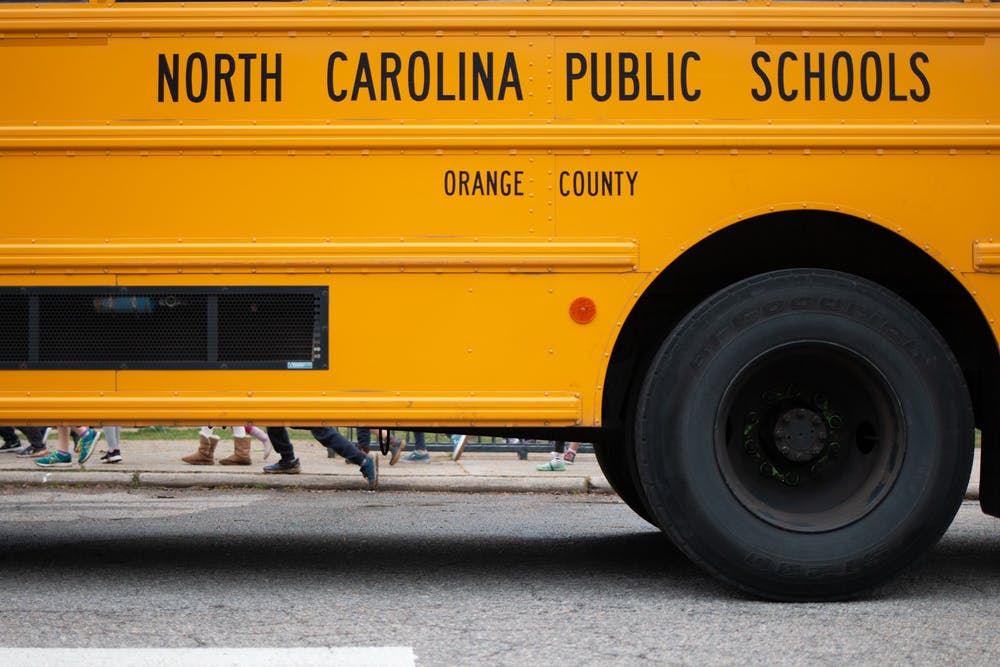
CHCCS, Orange County Schools on 2-Hour Delay for Thursday as Districts Monitors Overnight PrecipitationWith the threat of wintry mix and freezing temperatures on Wednesday night, Chapel Hill-Carrboro City Schools announced it will operate on a two-hour delay for Thursday morning.
›

